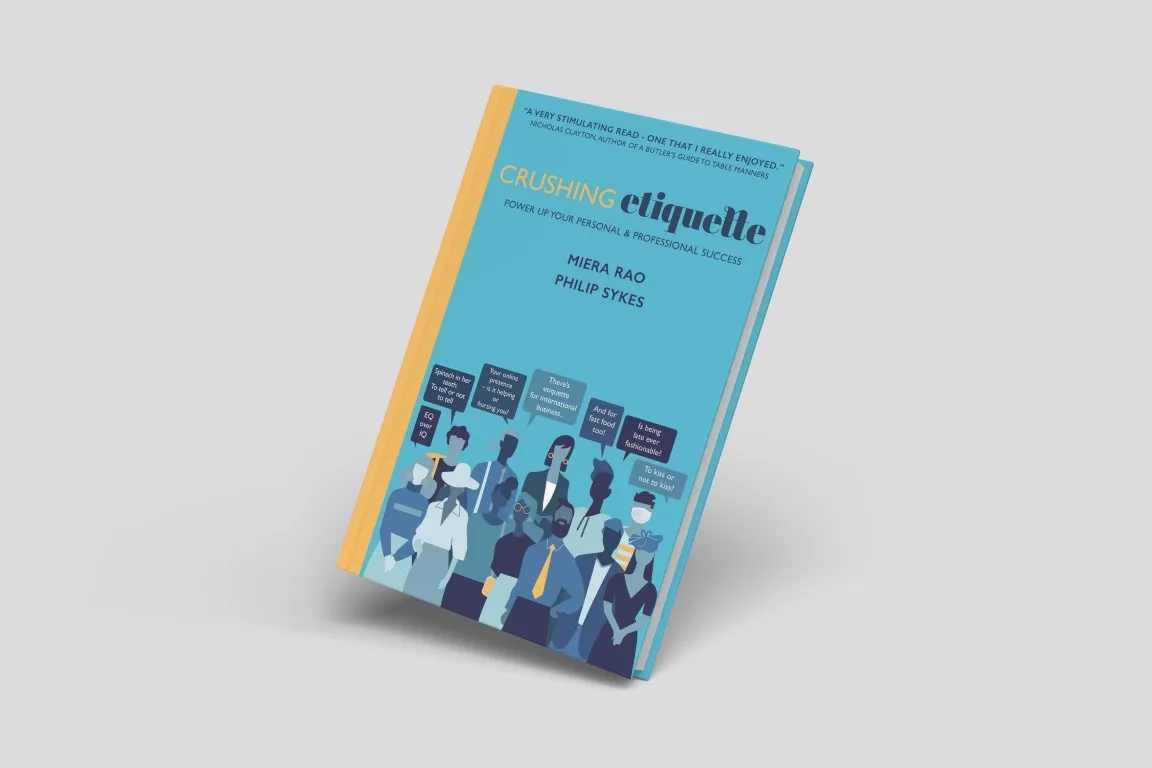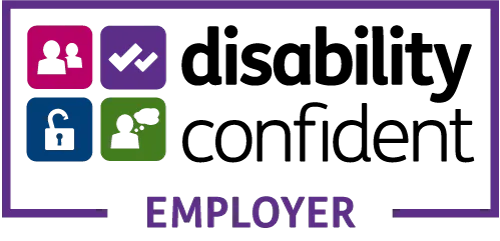If you thought that everything you needed to know about etiquette was contained within your grandmother’s dusty old volume of Debrett’s, it is time to think again. The advent of modern technology, social media and instant communication has brought a new set of rules on how we conduct ourselves in a digital world. ‘Netiquette’ is a combination of the words ‘network’ and ‘etiquette’ and refers to the use of good manners in online communication.
A Communications Revolution
It is no exaggeration to say that the Internet has revolutionised our everyday communication. It has removed all physical barriers and opened up a new world of connecting with other people without the conventional constraints of time, space and distance.
From ordering a takeaway to buying a new television or sharing the first pictures of your newborn child, all it takes is just the click of a button. We can now send messages across the globe that land in the recipient’s inbox in a matter of seconds and watch news stories unfold in front of our eyes in real time. However, with new opportunities come new responsibilities and how we behave online is now just as important – if not more so – as our behaviour offline.
Set Clear Boundaries
Just because we have the ability to communicate with one another 24/7, we shouldn’t feel that we have to make ourselves available around the clock. While technology has made it easier to connect with friends, family and business associates in different parts of the world, the flip-side is that we are expected to always be ‘on’.
This always-on work culture causes an increase in stress levels and disrupts employees’ work-family balance. A couple of decades ago, it was also considered a social faux pas to telephone someone after 7 or 8pm whereas now we’re often swiping away Whatsapp notifications late into the night. We all need time to switch off and recuperate in order to perform at our full capacity and protect our mental health.
If you find that you are reaching for your mobile phone whenever there is a lull in your day – for example when you are on the train home or waiting for a friend to arrive – it may be time to introduce some restrictions to change your technology habits. Try putting your mobile phone in a different room or turning it onto airplane mode in the evenings.
Social Media Etiquette
Social media has altered our personal space, completely transforming the way we interact with large groups of people and share information about our personal lives. While there are many positive aspects to social media, there is no doubt that the distractions of Facebook, Instagram, Twitter, Snapchat et al are interfering with our face-to-face communication.A recent US poll of millennnials (i.e. those born between 1981 and 1996)) found that 76 per cent of women and 56 per cent of men checked their social media platforms at least ten times when they were out with friends.
The principles of netiquette aim to make us more deliberate in our social media use so that we can build a profile that represents who we really are. Everything you say on social media is in the public domain and once something has been posted you can never retrieve it so it is vital that you are selective of what you post or share online. Try not to post comments on social media in the heat of the moment. It is far better to sleep on it and compose a more considered, measured response the following day when the intensity of the feelings has died down.
Netiquette in the workplace
Given that up to 90% of our interpersonal communication is non-verbal, when you remove the face-to-face element of human interaction it leaves the field wide open for misunderstandings and embarrassing situations. It is important to recognise that the Internet is an extension of society and the same standards and values around courtesy and kindness should apply.
Be aware of the limitations of texts and emails as a means of communicating effectively, especially with people you do not know well. If you are writing a formal email, follow the same rules as you would for a letter in terms of salutations, titles and language. Avoid using slang and abbreviations such as btw (by the way), imo (in my opinion) and fwiw (for what it’s worth).
If your job requires you to keep a social media account with your name on it, try to keep your personal and business accounts separate and do not divulge sensitive information. In addition, make sure you don’t post pictures or videos of other people without their consent.
Be a Role Model
Children and young people learn the rules of acceptable social behaviour from their surroundings so make sure that you model the netiquette rules you would like them to follow.
A study by Bookatable found that a third of parents give their children iPads or other gadgets to keep them occupied whilst eating out as a family. While screens can solve short-term issues of keeping children quiet, it also limits their opportunities to learn how to engage confidently in social situations.
Young people often struggle to regulate their own social media usage and it is important to instill good habits as soon as they get their own mobile devices. These may include turning notifications off during mealtimes, leaving mobile phones in a different room during homework time and switching devices to airplane mode before bedtime.
Remind them that the Golden Rule of treating others as one would wish to be treated is just as important in cyberspace as it is in face-to-face interactions. Make sure that they are aware that everything they post leaves a digital footprint that can be seen by teachers, friends’ parents and potential employers.
Netiquette in a Nutshell:
• Apply the same standards online as you would in public
• Be respectful of other cultures
• Be Responsive not Reactive
• Do not tag other people without permission
• Switch your mobile off in meetings and during social engagements
• Do not answer texts/calls in company unless it is an emergency
• Self-regulate your mobile phone and social media usage
• Keep mobile phones off the dining table










